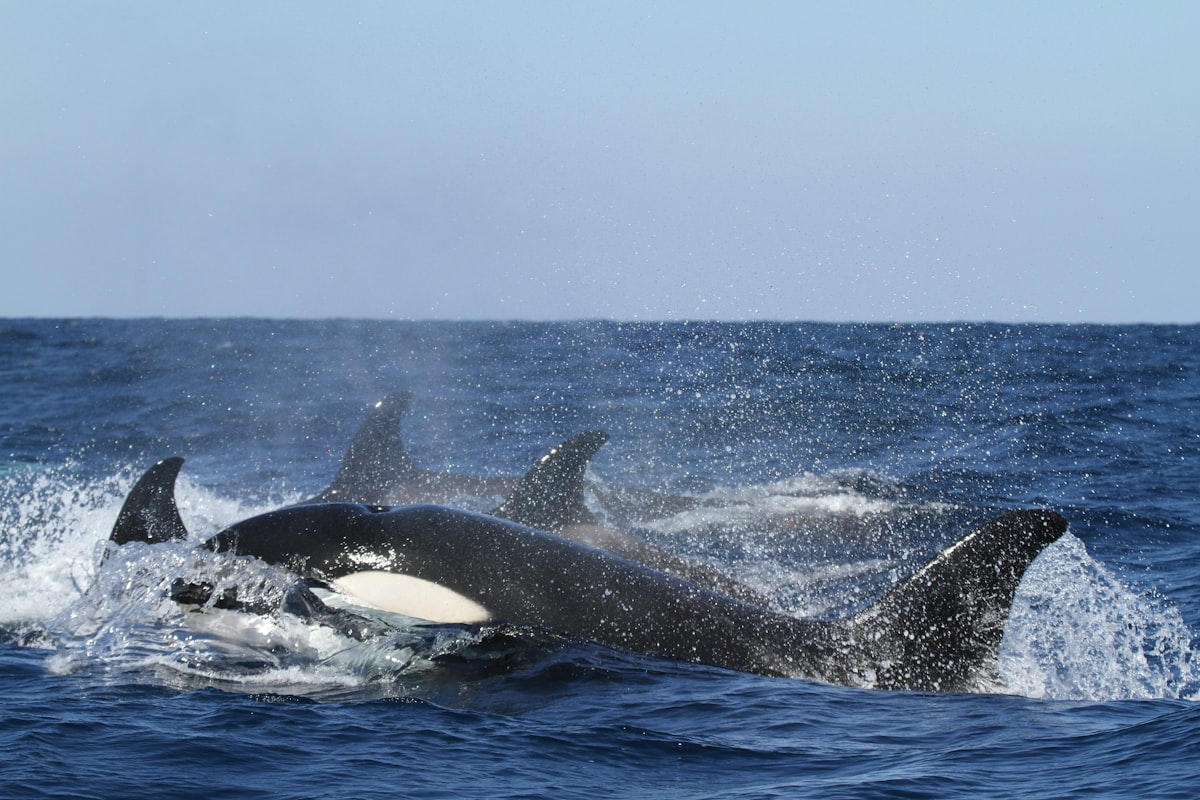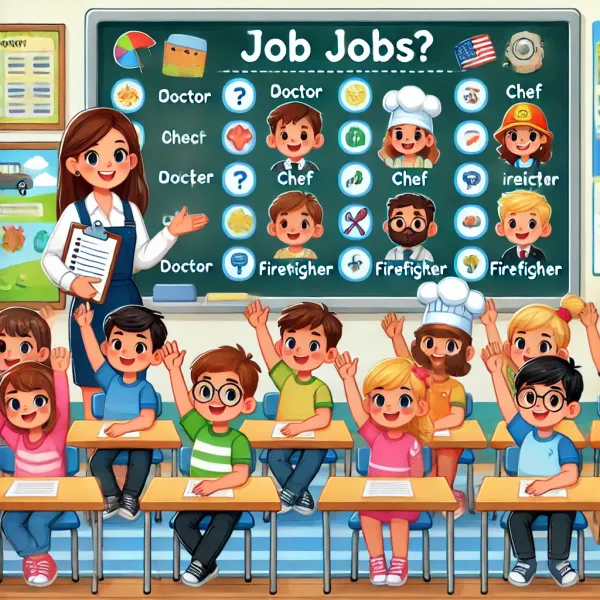Orcas are Attacking Boats
Orcas are also known as killer whales, but they are actually dolphins. They are very smart and social animals that can learn from each other and pass on their skills to their offspring.

Today we are going to learn about a fascinating topic: orcas and their cultural evolution. Orcas are also known as killer whales, but they are actually dolphins. They are very smart and social animals that can learn from each other and pass on their skills to their offspring.
Recently, some orcas have been attacking boats in the Mediterranean Sea and the North Sea. Scientists think that this behavior may have started with one orca that had a bad experience with a boat and taught her pod how to fight back. They also think that other orcas may have learned this trick from meeting different pods in their travels.
This is an example of cultural evolution, which means learned behaviors that are not based on genetic evolution. Humans are very good at cultural evolution, but some other animals can also do it, like monkeys and whales. Cultural evolution can change quickly depending on the environment and the needs of the animals.
We don't know how long the orcas will keep attacking boats, or if they will stop someday. Maybe they will find a new way to adapt to their surroundings and coexist with humans. We hope that we can respect and protect these amazing creatures and their habitats.
Here are some interesting expressions from the article that you can learn:
- under scrutiny: being closely examined or investigated
- hit-and-run: a quick attack followed by a retreat
- noise pollution: unwanted or harmful sound that disturbs the environment
- justified cosmic karma: a deserved fate or consequence based on a cosmic balance
orcas: large black-and-white dolphins
cultural evolution: learned behaviors beyond genetic evolution
pod: a group of whales or dolphins
matrilineally: through the mother’s line
matriarch: a female leader or elder
perceive: to see or understand something
competition: a situation of rivalry or conflict
hazard: a danger or risk
mobile: able to move or travel easily
trick: a clever or skillful action
rapidly: very quickly or fast
scarce: not enough or rare
fascinating: very interesting or attractive
offspring: children or young animals
coexist: to live together peacefully



